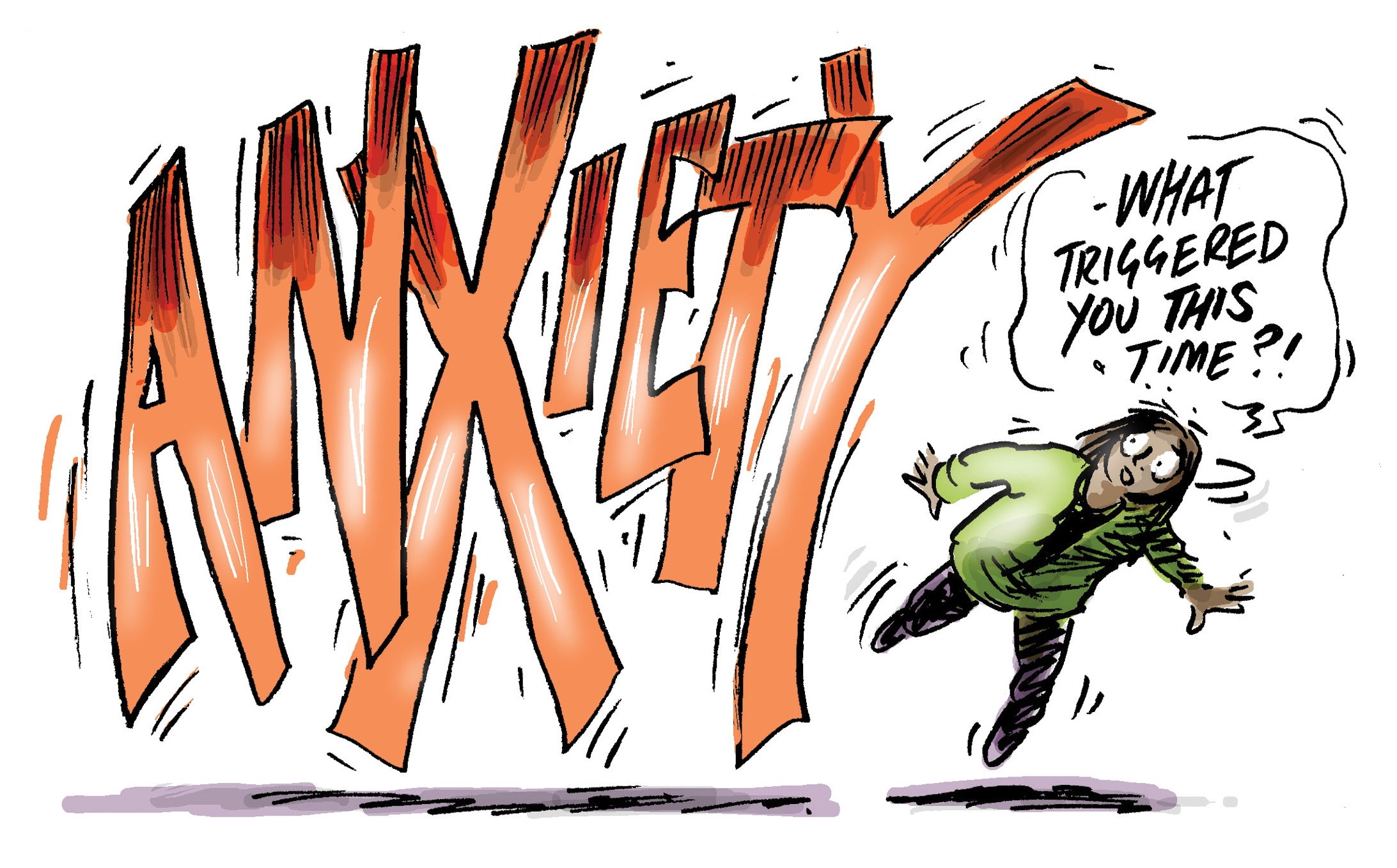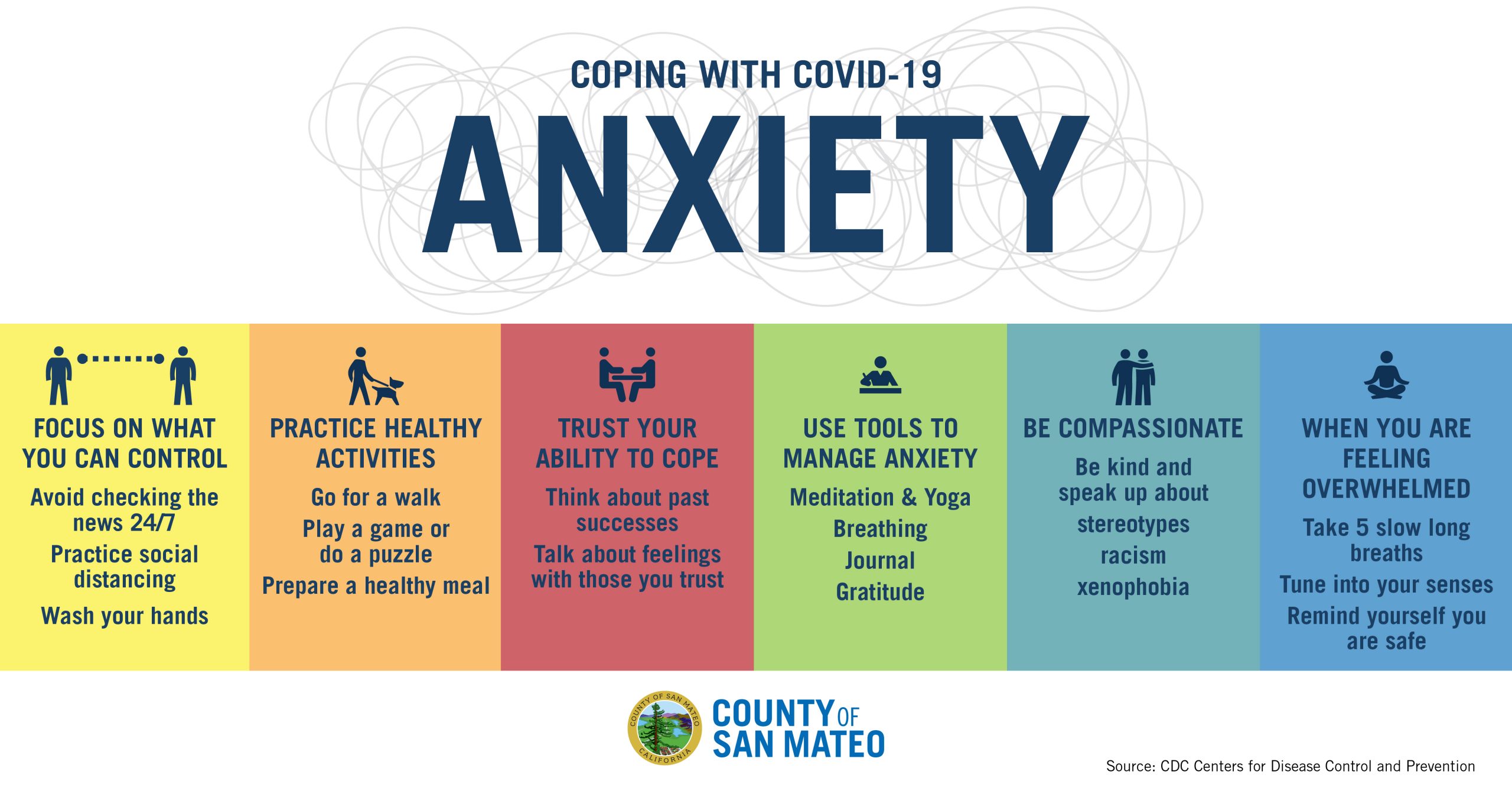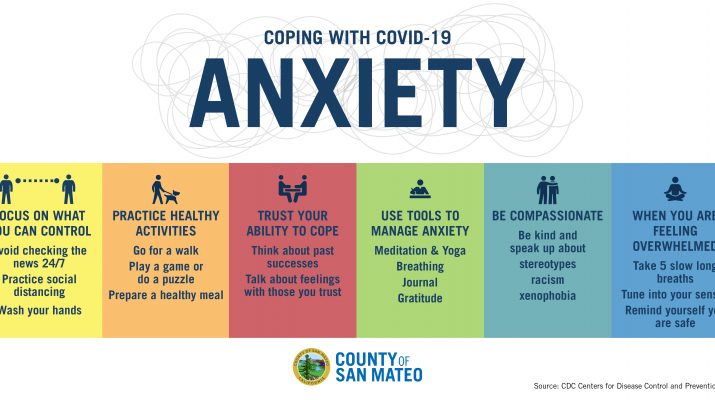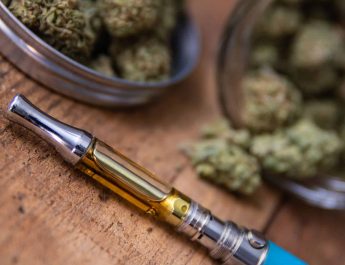In recent years people suffering from anxiety have increasingly sought a variety of alternative therapies, approaches other than the two mainstream treatments offered by most professionals: cognitive-behavioral therapy and medication.
All the information about the oil benefits in comparison to the therapies is available at https://www.discovermagazine.com/health/best-cbd-oil-for-anxiety-and-depression site. The patients can get all the rankings and reviews information from the site. The treatment with the cbd oil is the best one without any problem. The health of the people will remain fit and healthy.
The desire to explore alternative approaches reflects a general trend both in the mental health field as well as in medicine. Recent surveys have found that about 40 percent of the adult population in the United States seeks out the assistance of alternative health practitioners, often paying out of pocket, to address a variety of medical and health issues.

Reasons for the move to alternative therapies are varied. For people suffering from anxiety disorders, dissatisfaction with conventional treatments, particularly the side effects of prescription medications, often leads to an exploration of approaches such as herbs, acupuncture, yoga, or massage.
There seems to be a desire to try natural approaches first before becoming dependent on medication. In addition, many people wish to take responsibility for their own recovery rather than relying on professionals who are often high priced, inadequately covered by managed care health plans, and sometimes not particularly empathic or understanding of their clients’ needs.
A large segment of the population seems to have decided that the time has come to take personal responsibility for their health and well-being, entrusting their doctors only with care in emergencies or severe illness.
How well do alternative therapies work? Are they effective in helping people to overcome anxiety disorders? Some alternative approaches, certain herbs and acupuncture, for example, appear to have direct, demonstrable effects on reducing anxiety symptoms or the depression that accompanies anxiety disorders in about 50 percent of cases.
Such approaches are most helpful to persons whose anxiety and/or depression is in the mild to moderate range. “Mild to moderate” means your symptoms are a nuisance, probably an inconvenience, and may cause you a certain level of discomfort. However, they are not disabling.
They don’t prevent you from working, managing the routines of daily living, or maintaining relatively satisfying relationships with loved ones. And they do not cause you severe distress, a feeling of being frightened or overwhelmed, more than half of your waking hours.
When anxiety phobia interferes with your ability to function and causes you significant levels of distress, it may be said to fall in the moderate to severe range. Such anxiety may be helped by alternative approaches, but is best treated by a combination of well-administered cognitive-behavioral therapy and medication.

The primary value of alternative therapies is their ability to improve your overall level of health and well-being. Such approaches work to make you feel better as a whole, rather than relieving a specific problem such as panic attacks, obsessions or a fear of driving far from home.
Their effect on anxiety symptoms is thus beneficial but indirect. Certainly if you feel better overall, you’re less likely to be vulnerable to anxiety or depression symptoms. But you’re also less likely to be bothered by any other stress-related symptoms, whether migraines, ulcers, low back pain, insomnia, or irritability.
Wellness involves multiple levels of your total being. If you feel more healthy and well in general, you’re not as likely to harbor the negative, fearful thoughts that instigate anxiety. You’re also less likely to hold the bodily tension and breathing restriction that can aggravate anxiety. It’s possible that even your brain neurotransmitters come into a better balance, improving your mood.
In general, you feel more confident and content with yourself and your life. Alternative therapies work to help you feel better as a whole person. That’s why they are often referred to as “holistic.” As such, they can definitely have a beneficial effect on anxiety and depression, along with everything else.
There is no precise formula for determining which of the many alternative therapies might be helpful for you. In reading through this article, listen to your intuition in deciding which particular approaches you feel drawn to try. Some trial and error is probably inevitable in the process of exploring those methods that ultimately turn out to be most effective for your particular situation.
Herbs and Supplements:
Herbs plant-based medicines have been an integral part of health care for thousands of years. In fact, about 25 percent of present-day prescription medications are still based on herbs. Pharmaceutical companies, however, are not very interested in herbs, because the plants from which they are derived cannot be patented and sold exclusively by any one company for profit.
Herbal treatments have been very popular in Europe and recently have gained increasing public interest in the United States. Most drug stores now offer an assortment of herbs that can treat conditions ranging from colds to poor memory.
Herbs tend to work more slowly and gently than prescription drugs. If you’re used to the rapid and intense effects of a drug like Xanax, you need to be patient with the milder effect of a relaxing herb such as valerian or kava.
The principal advantage of herbs is that they work naturally, in harmony with your body, rather than imposing a specific biochemical change, as in the case of drugs. Unlike medications, herbs generally have few or no side effects. Nor are they physically addictive, although you could become psychologically dependent on one that brings you consistent benefit.




